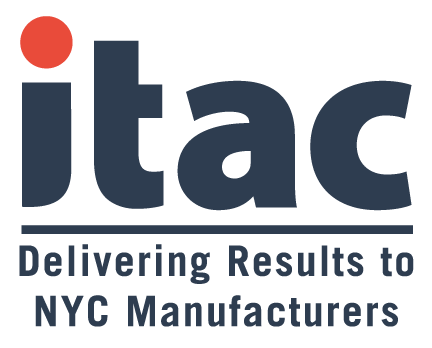Navigating the Latest ISO Climate Change Amendment: What Manufacturers Need to Know
In the fast-paced world of manufacturing, staying informed about regulatory changes is crucial, particularly regarding standards established by the International Organization for Standardization (ISO). On February 1, 2024, ISO introduced new climate change amendments to tackle climate change directly. These amendments propose significant changes in management system standards, underscoring the critical importance of integrating strategies for addressing climate change into organizational frameworks. Here’s what you need to know:
Understanding the ISO Climate Change Amendment
-Climate Change Integration: The addition of amendments focusing on climate change emphasizes the importance of addressing climate change within manufacturing operations. If climate change is a relevant issue within their own management system, businesses must evaluate and mitigate their contributions to climate change, including measuring and managing their carbon footprints, to meet the customer’s and ISO standards requirements.
-Supply Chain Resilience: Manufacturers need to expand their sustainability efforts beyond their factory walls and into their supply chains. This requires close collaboration with suppliers to ensure transparency, traceability, and adherence to sustainable practices throughout the value chain.
-Compliance Burden: Complying with the recently introduced ISO amendments may present a compliance burden for small and mid-sized manufacturers with limited resources and expertise. Navigating complex regulatory requirements, conducting emissions assessments, and implementing sustainability initiatives can be challenging without proper guidance and support.
– Competitive Advantage: Despite the initial challenges, embracing sustainable practices can provide a competitive edge in the marketplace. Businesses that exhibit a commitment to sustainability have the potential to attract new customers, enhance brand reputation, and drive business growth.
What This Means for You
The integration of climate change considerations into ISO standards underscores the importance of acknowledging its impact on our external environments. Incorporating these climate change amendments into ISO standards may trigger positive effects on both local and global scales. These additional amendments will need a more comprehensive overhaul of environmental management practices, from tracking and managing carbon footprints to enhancing supply chain resilience and promoting transparency. Small and mid-sized manufacturers will need to exert efforts to ensure compliance for recertification. To guarantee compliance, it is crucial for local manufacturers to determine if climate change is a pertinent issue in their management system and how to integrate it into their operational objectives and risk assessment within the scope of their management system.
Some resources that may assist businesses for which climate change is indeed a relevant issue in their management systems include, but are not limited to:
-Internal Reporting Systems: These systems enable businesses to collect, analyze, and track environmental data, including energy consumption, waste generation, water usage, and emissions. Robust internal reporting mechanisms provide insights into environmental performance and facilitate continuous improvement.
-Environmental Management Systems (EMS): Implementing an EMS, such as the ISO 14001 standard, provides a structured framework for managing environmental responsibilities. EMS include procedures for data collection, analysis, and reporting, as well as mechanisms for continuous improvement.
-Carbon Accounting Tools: Specialized tools and software known as carbon accounting tools help businesses quantify greenhouse gas emissions associated with their operations. By inputting relevant data into these tools, businesses can calculate their carbon footprint, identify emission hotspots, and develop strategies for emissions reduction.
-External Reporting Frameworks: Many businesses are required to report their environmental performance to external stakeholders, such as regulators, investors, customers, and the public. This may involve complying with mandatory reporting requirements and participating in voluntary reporting frameworks to enhance transparency and accountability.
How ITAC Can Help
We have a team of experts that provide tailored support and guidance to small and mid-sized manufacturers navigating the complexities of ISO compliance and sustainability. We offer practical guidance and hands-on assistance to help businesses with:
Policy Compliance: Understanding the nuances of the latest ISO standards and ensuring full compliance within manufacturing operations.
Strategic Planning: Collaborating with businesses to create customized strategies for emissions reduction, supply chain resilience, and sustainability.
Training and Education: Equipping personnel with the necessary skills and knowledge to implement sustainable practices effectively.
Continuous Support: Providing ongoing support to monitor progress, address challenges, and refine strategies as per evolving regulatory requirements.
As the regulatory landscape evolves and climate change takes center stage, proactive adaptation is necessary for the long-term success of NYC manufacturers. Don’t navigate these changes alone. Contact us today to embark on a journey towards sustainability, resilience, and competitive advantage.






